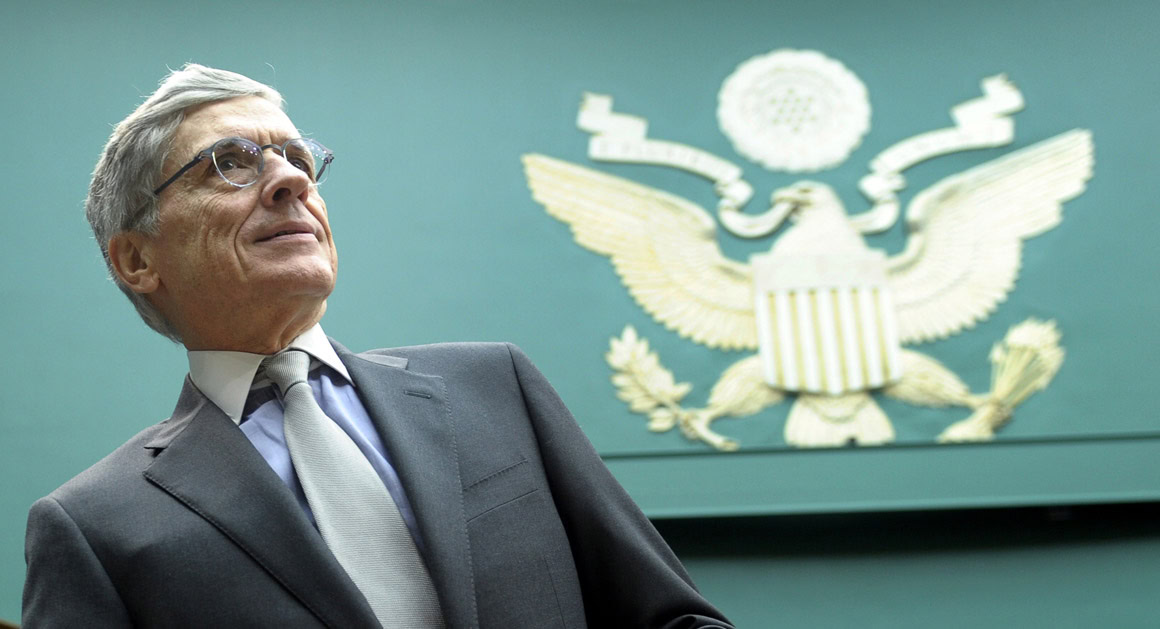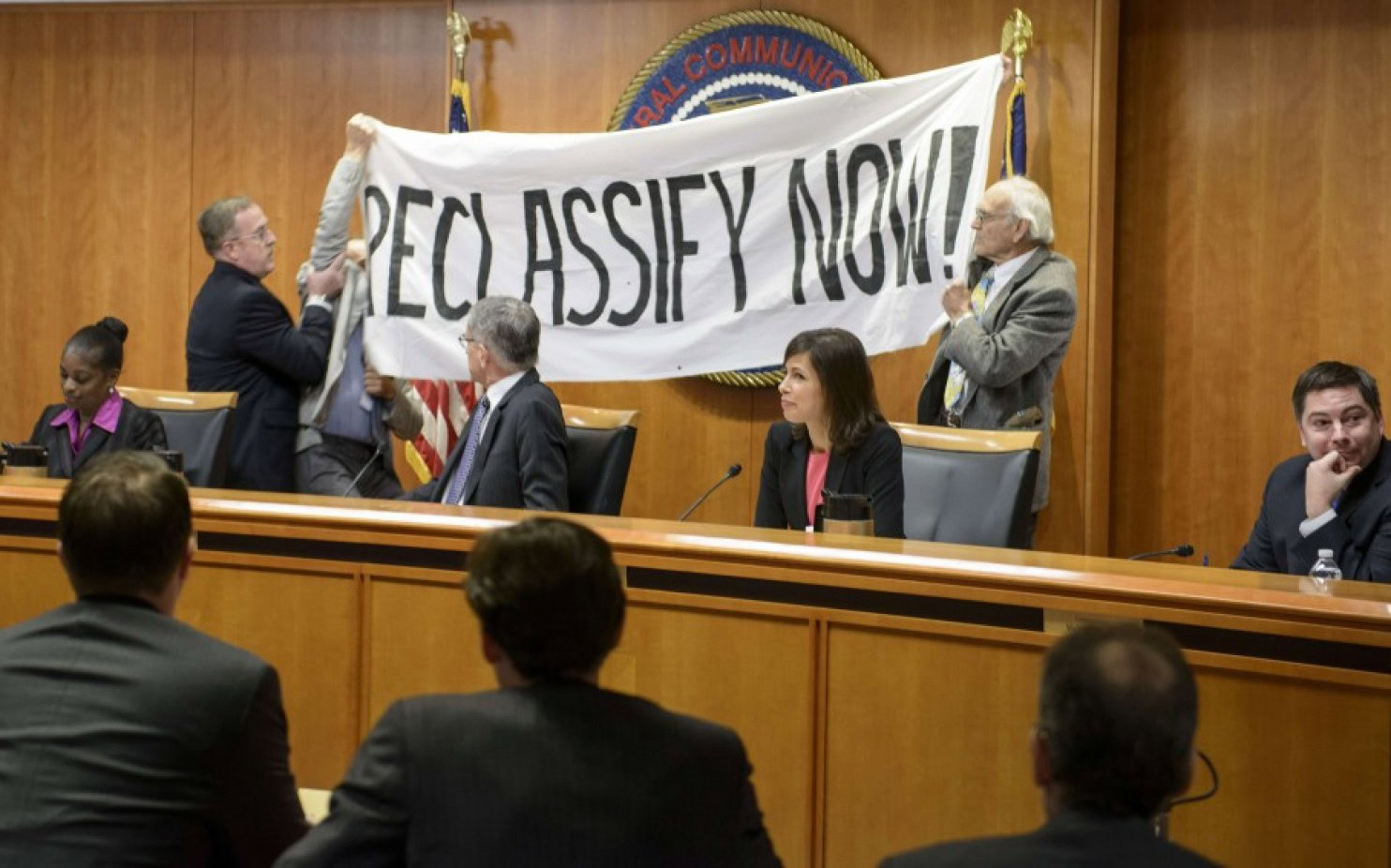Affiliate links on Android Authority may earn us a commission. Learn more.
Even if the FCC goes forward with Title II classification, expect significant delays

Federal Communications Commission Chairman Tom Wheeler has recently made news for his hint that he would classify broadband providers under Title II. This classification would in effect give the FCC the actual power to punish providers if they tried putting forward corporate-friendly “fast lanes.”
Even if Wheeler announces his plan for Title II classification (and it passes the FCC vote later in February), consumers shouldn’t expect to see the classification take effect for likely several years.
Cable and wireless companies have all but guaranteed that they will sue the FCC to stop any Title II classification. To be fair, so have those who are in favor of Title II classification (assuming that the FCC voted to not impose Title II classification).
“The big dogs are going to sue regardless of what comes out. We need to make sure that we have sustainable rules, and that starts with making sure that we have addressed the multiplicity of issues that come along and are likely to be raised.” – FCC Chairman, Tom Wheeler
Several months ago, Verizon General Counsel Randal Milch admitted in a blog post that any FCC plan which doesn’t decrease already light net neutrality rules “fairly guarantees litigation.” This followed Verizon CFO Francis Shammo telling a crowd at the 42nd Annual Global Media and Communications confab in New York, that if the FCC went to Title II classification, there would be a “very litigious environment.”
AT&T’s SEVP of external and legislative affairs, Jim Cicconi, issued a statement claiming that “if the FCC puts such rules in place, we would expect to participate in a legal challenge to such action.”
The irony in this is that Verizon is the reason that the FCC is in the position that they are in today. Verizon previously sued and won to overturn the FCC’s 2010 Open Internet Order which gave the FCC extremely soft power over broadband providers. This forced the FCC to come up with new rules.
The surest way to avoid Title II would have been to accept the 2010 rules, as all major ISPs but Verizon did. ISPs are reportedly furious at Verizon because its lawsuit has raised the possibility that they could face utility regulation over broadband service. The 2010 order contained stronger rules against fast lanes but didn’t hold up in federal appeals court, with judges deciding that the FCC would have to use Title II instead of Section 706 to enforce them. – Ars Technica
Verizon is now so desperate to stop the likely Title II classification that they are asking the FCC to use the 2010 rules that Verizon itself killed in court previously.

Congress is also trying to get involved in the Title II debate. Republican Congressional leaders have been working to put together a new plan that would prevent broadband providers from giving priority for some websites over others while allowing providers to stay out of the Title II classification.
A spokesman for the House Energy and Commerce Committee said that Chairman Fred Upton and Communications Subcommittee Chairman Greg Walden are also trying to find a “sustainable bipartisan path forward that won’t end up in court.” – NextGov
A number of Democrats also are reintroducing a bill that would ban paid prioritization agreements between content providers like Netflix and ISPs like AT&T and Verizon. Sen. Patrick Leahy (D-Vt.) and Rep. Doris Matsui (D-Calif.) reintroduced The Online Competition and Consumer Choice Act.
As Tim Wu, who came up with the net neutrality term, said recently: “There will be blood.”